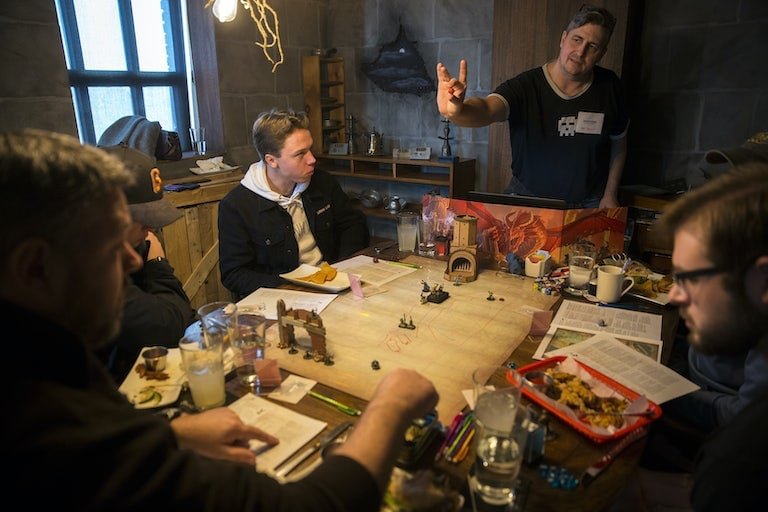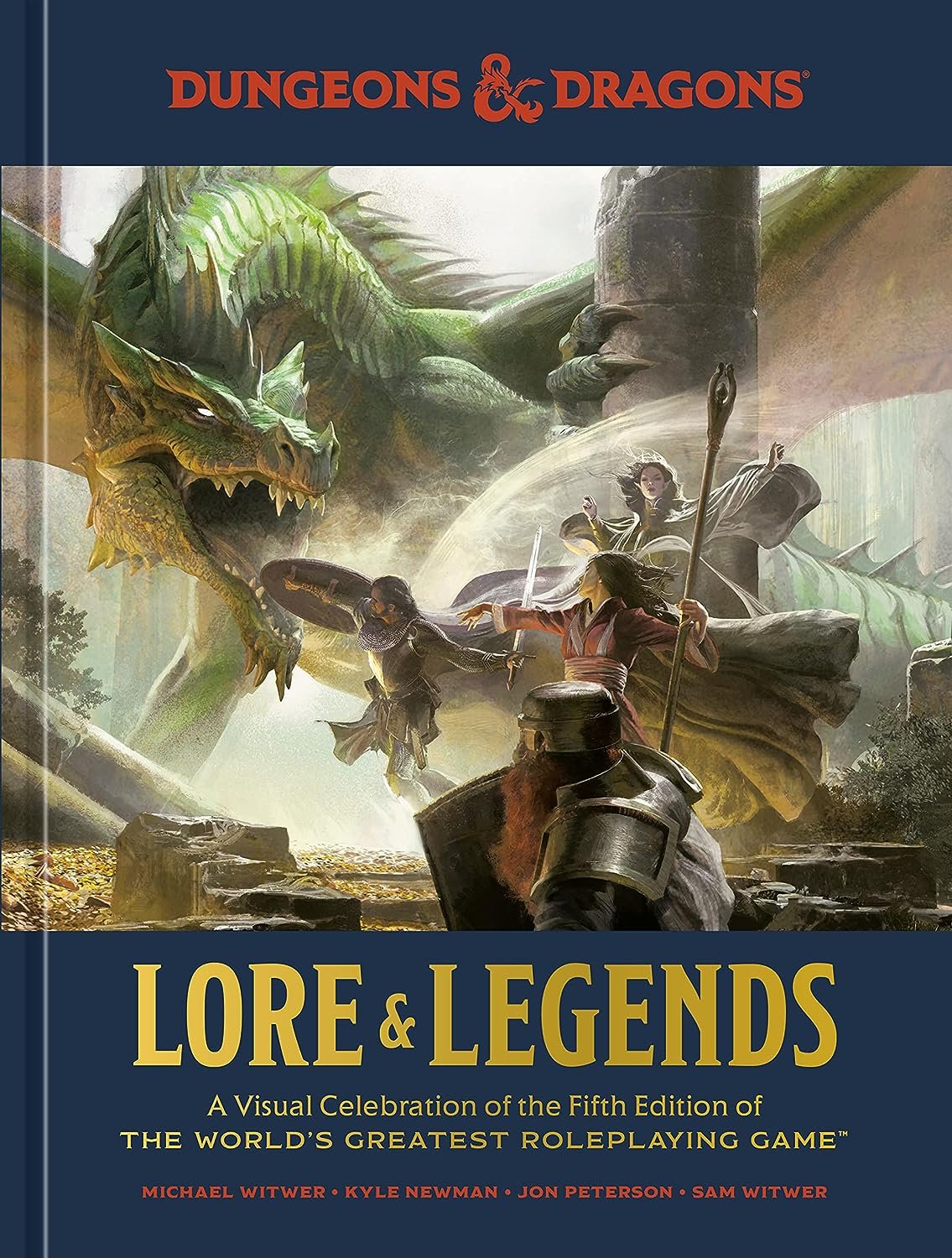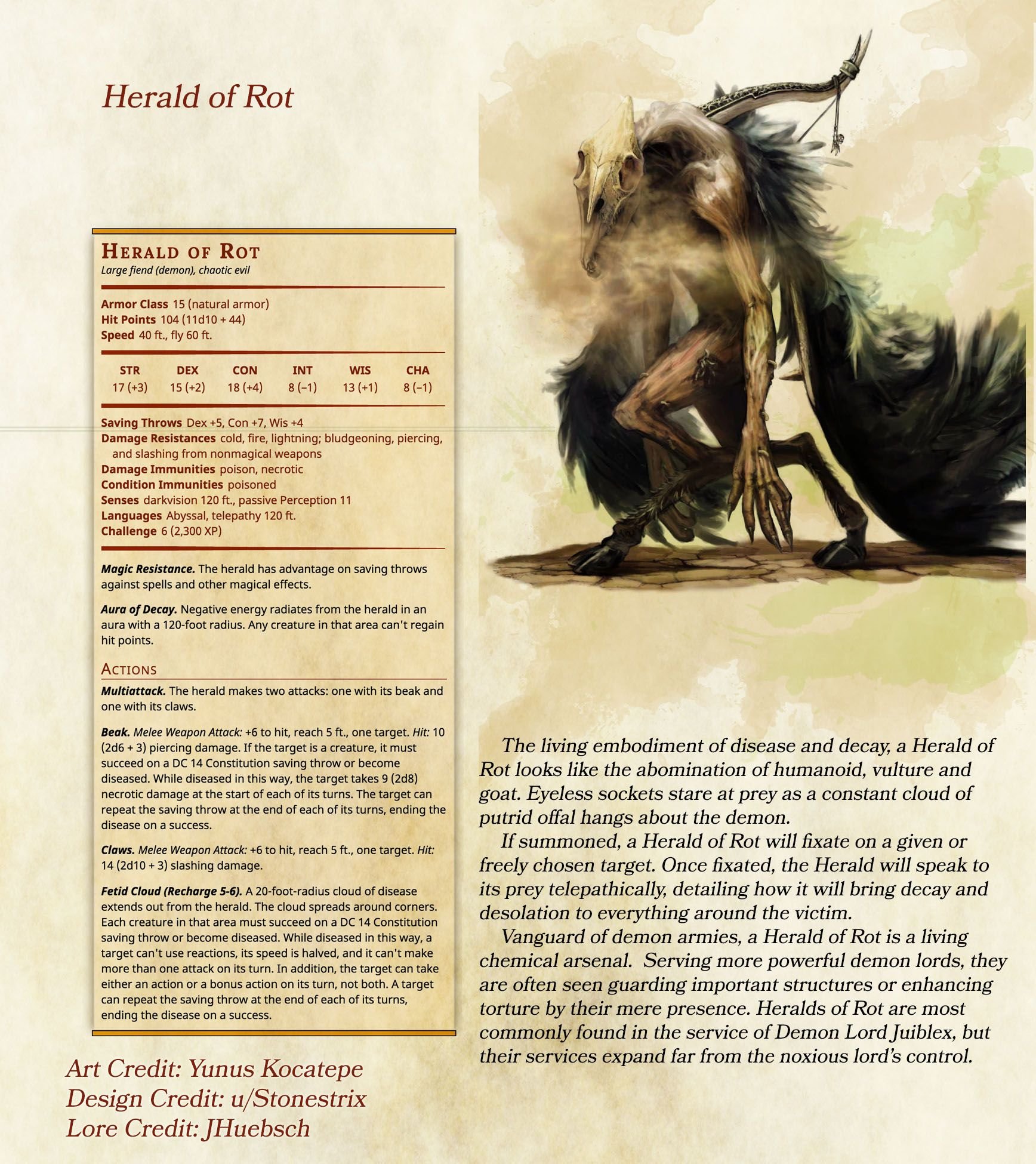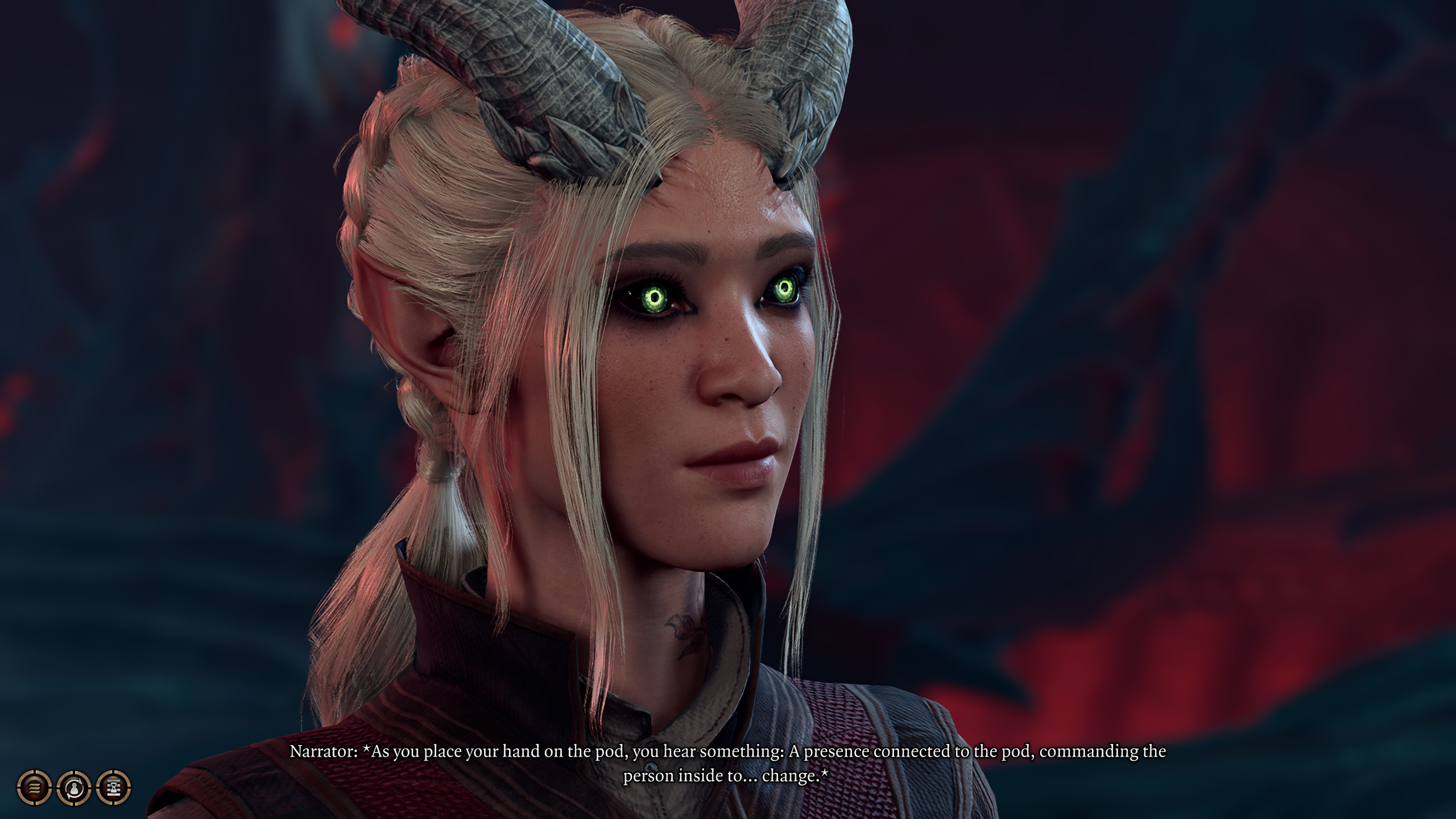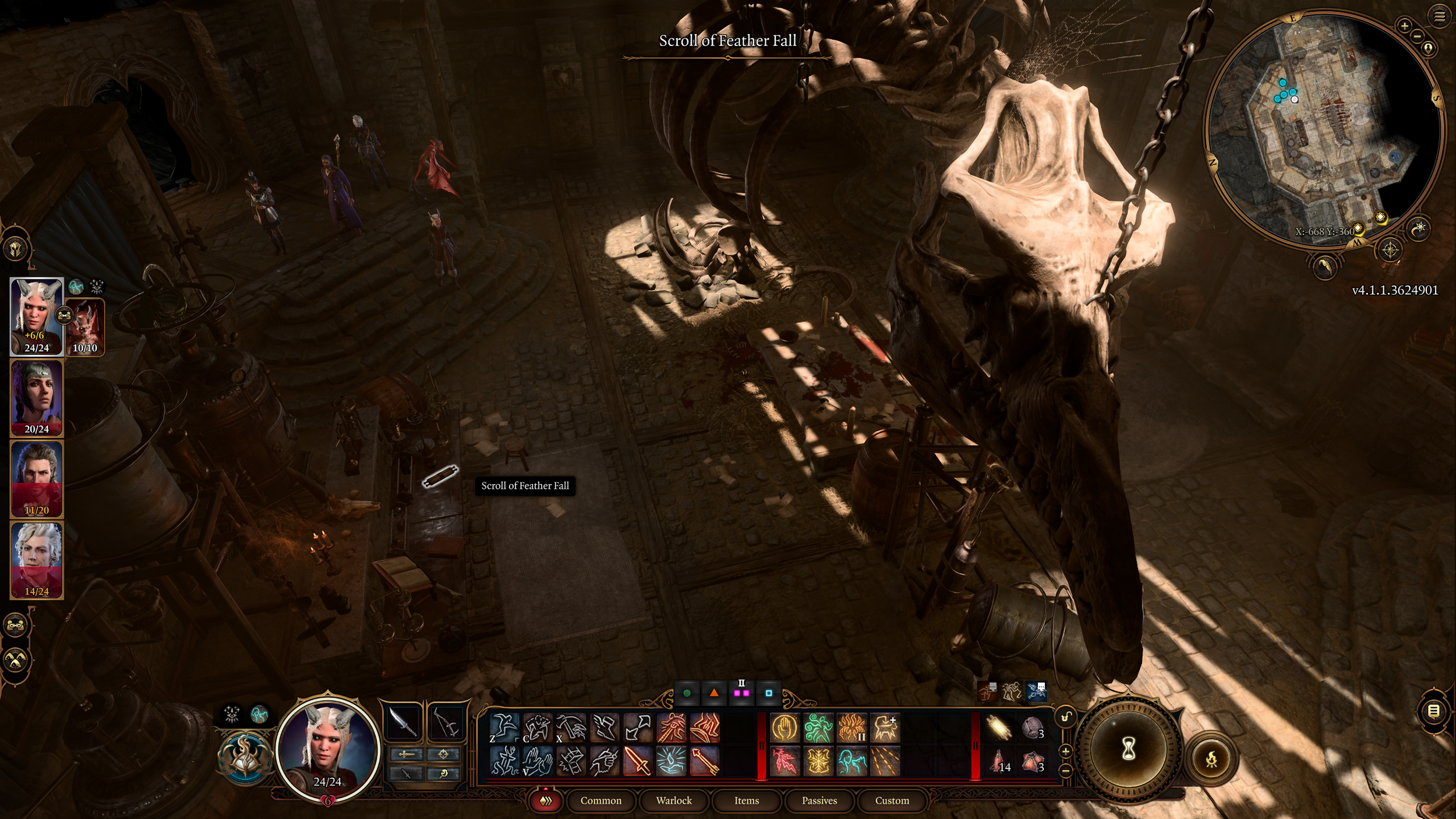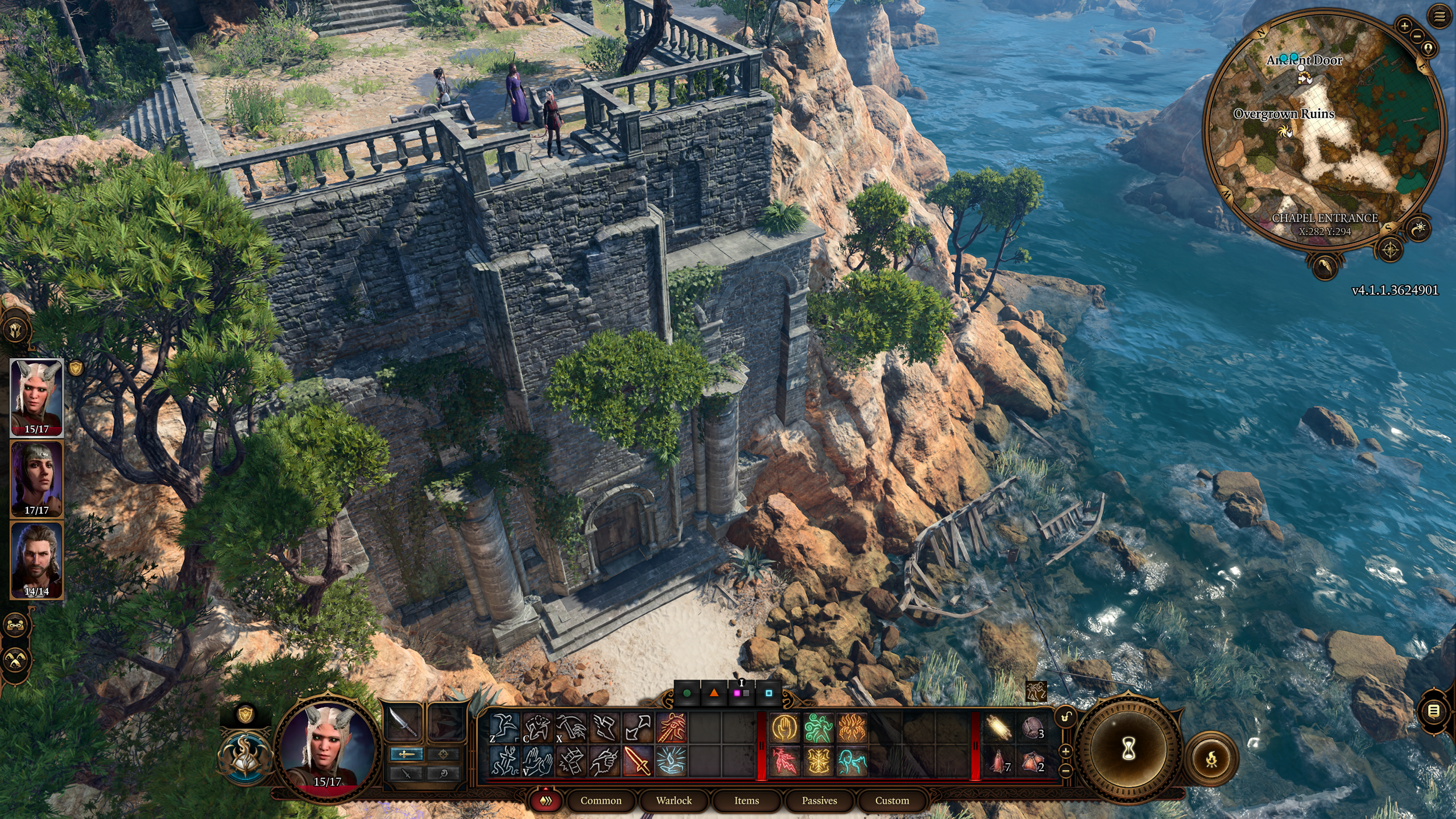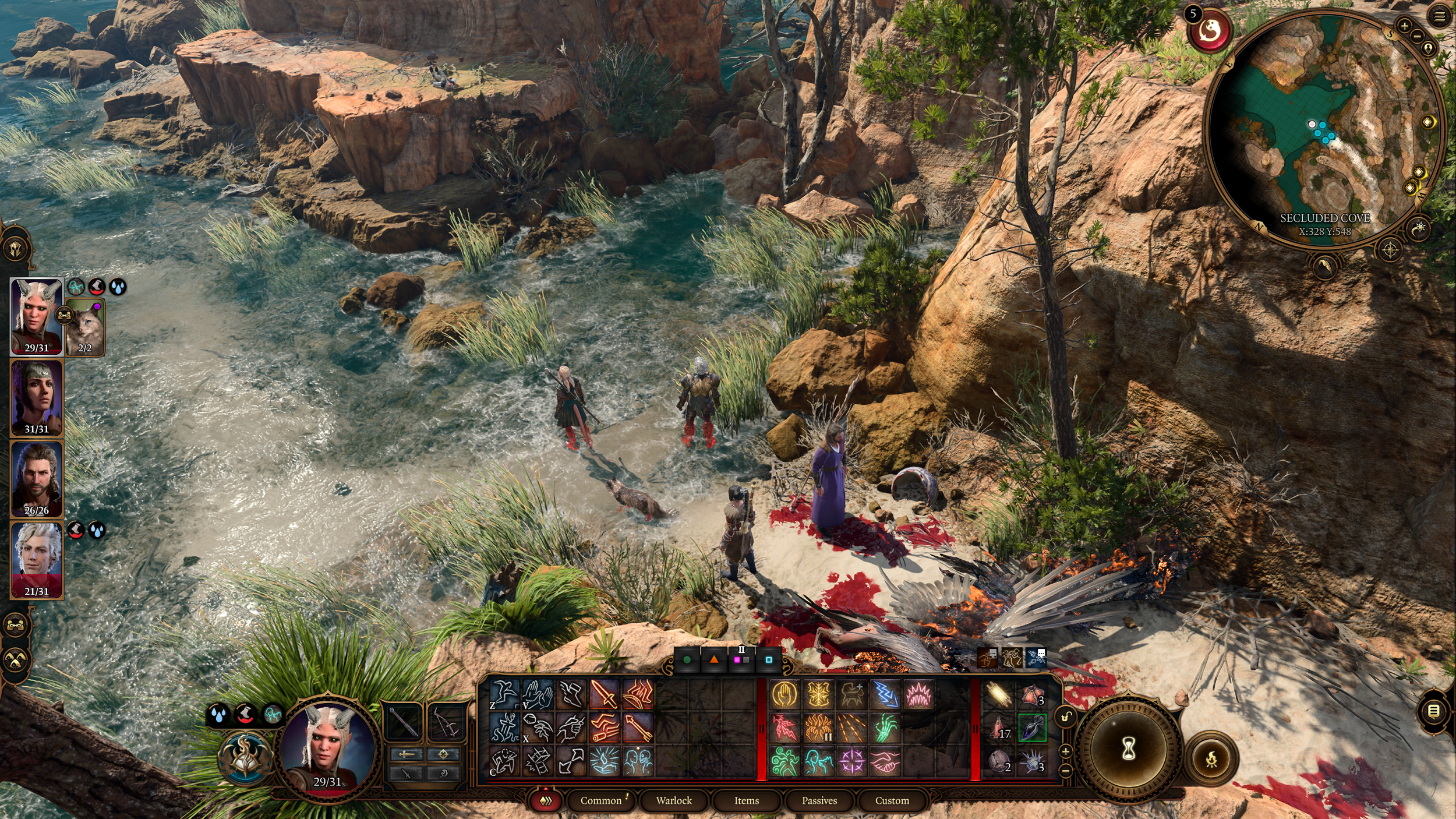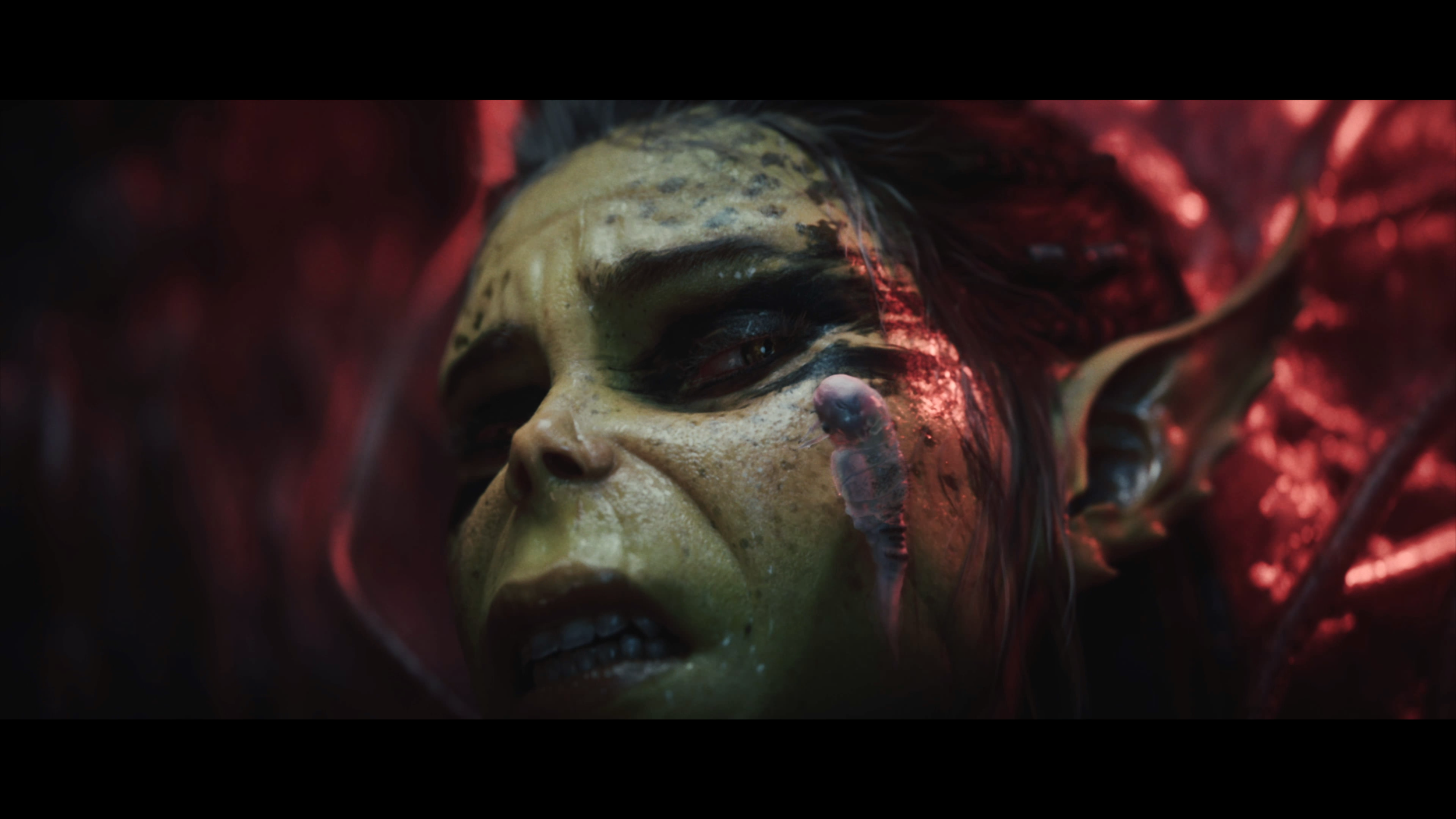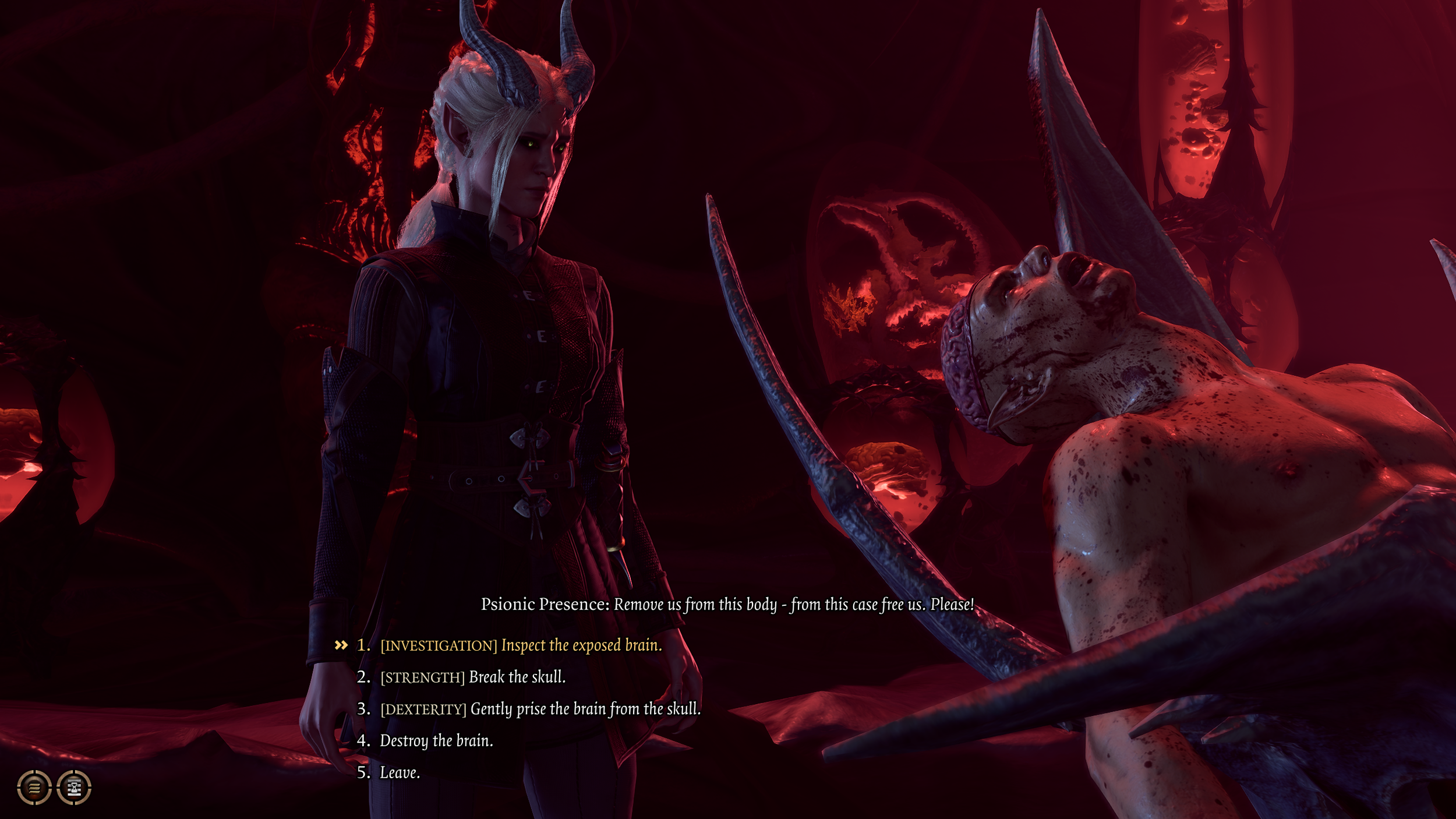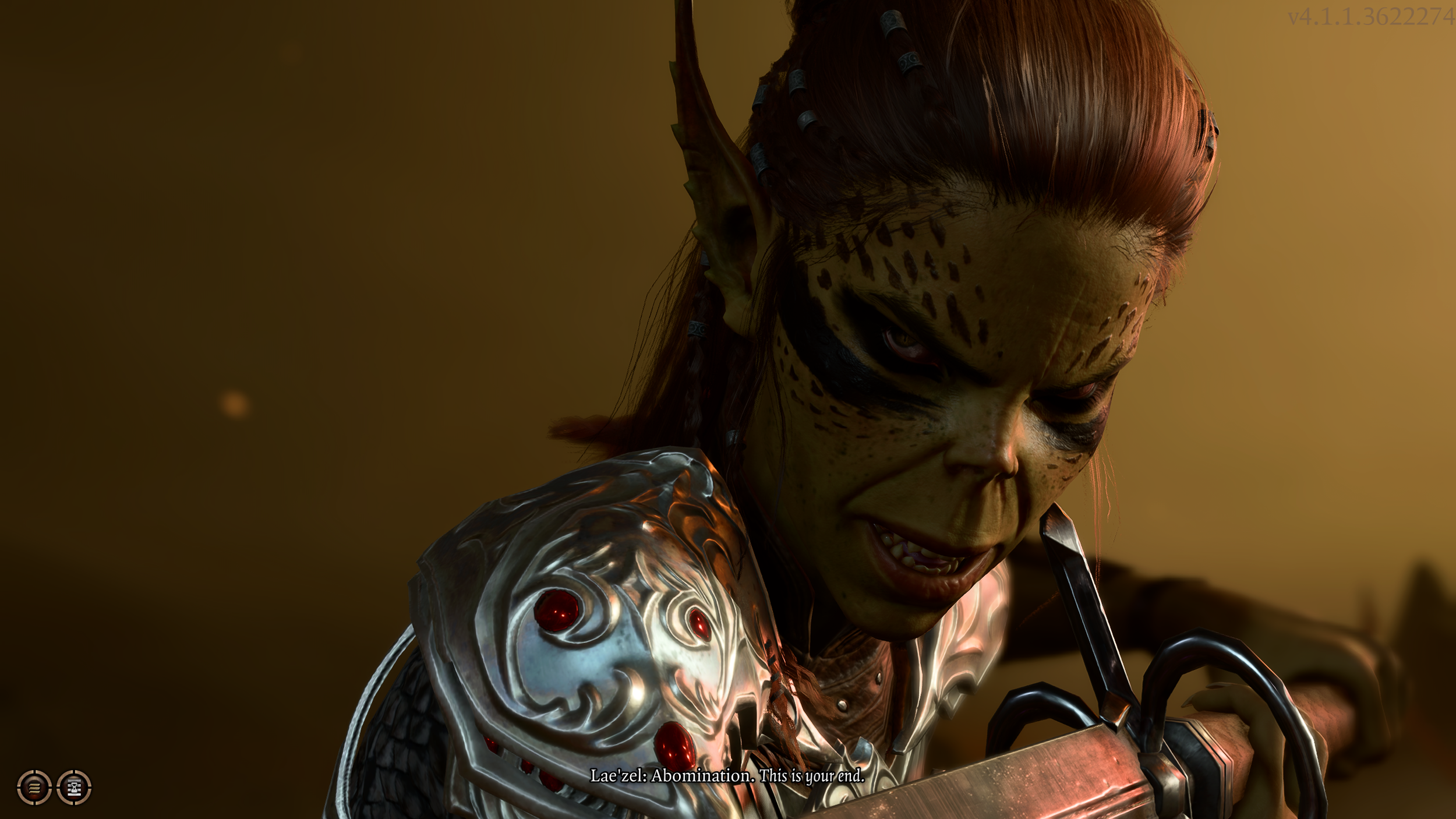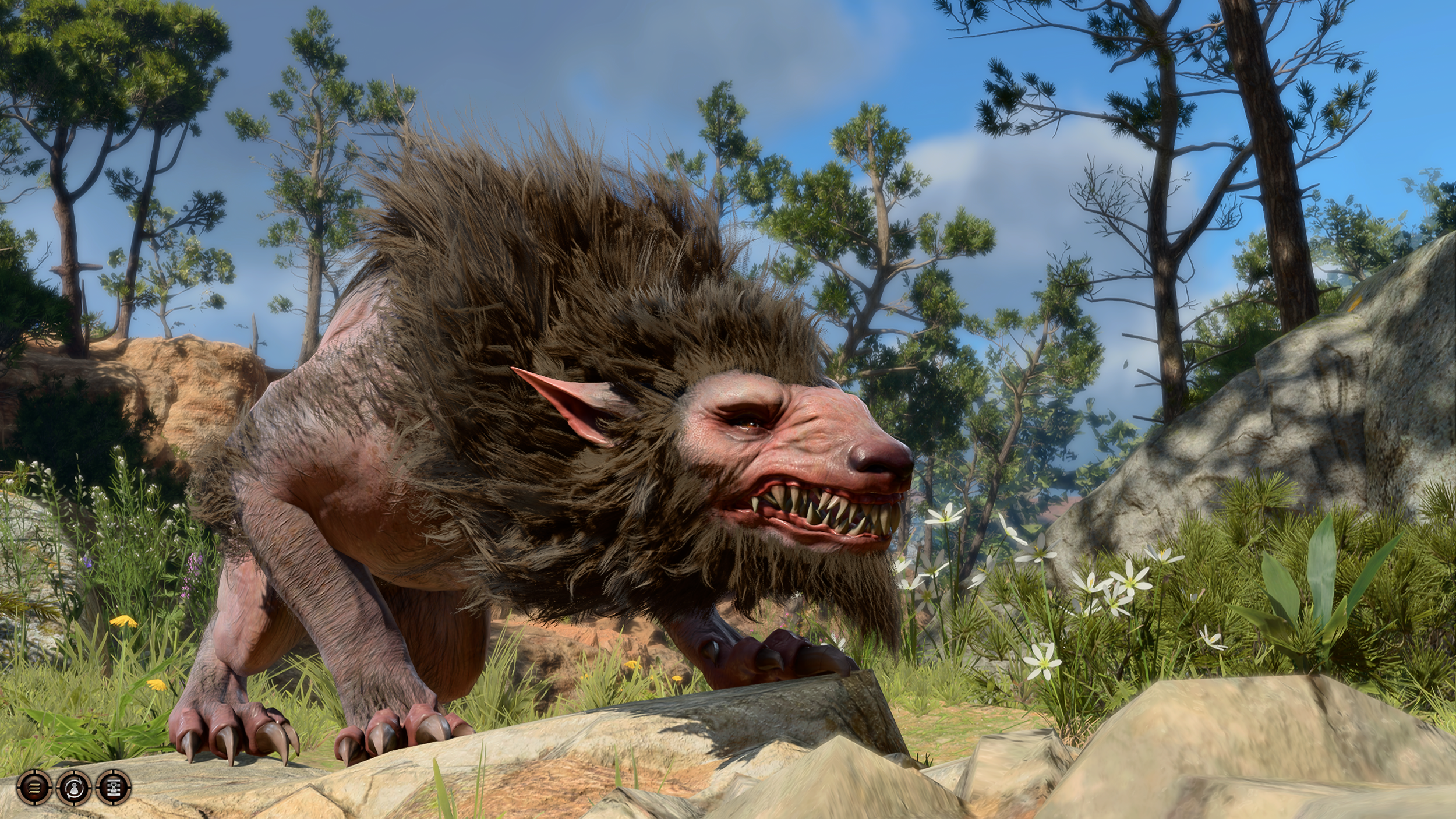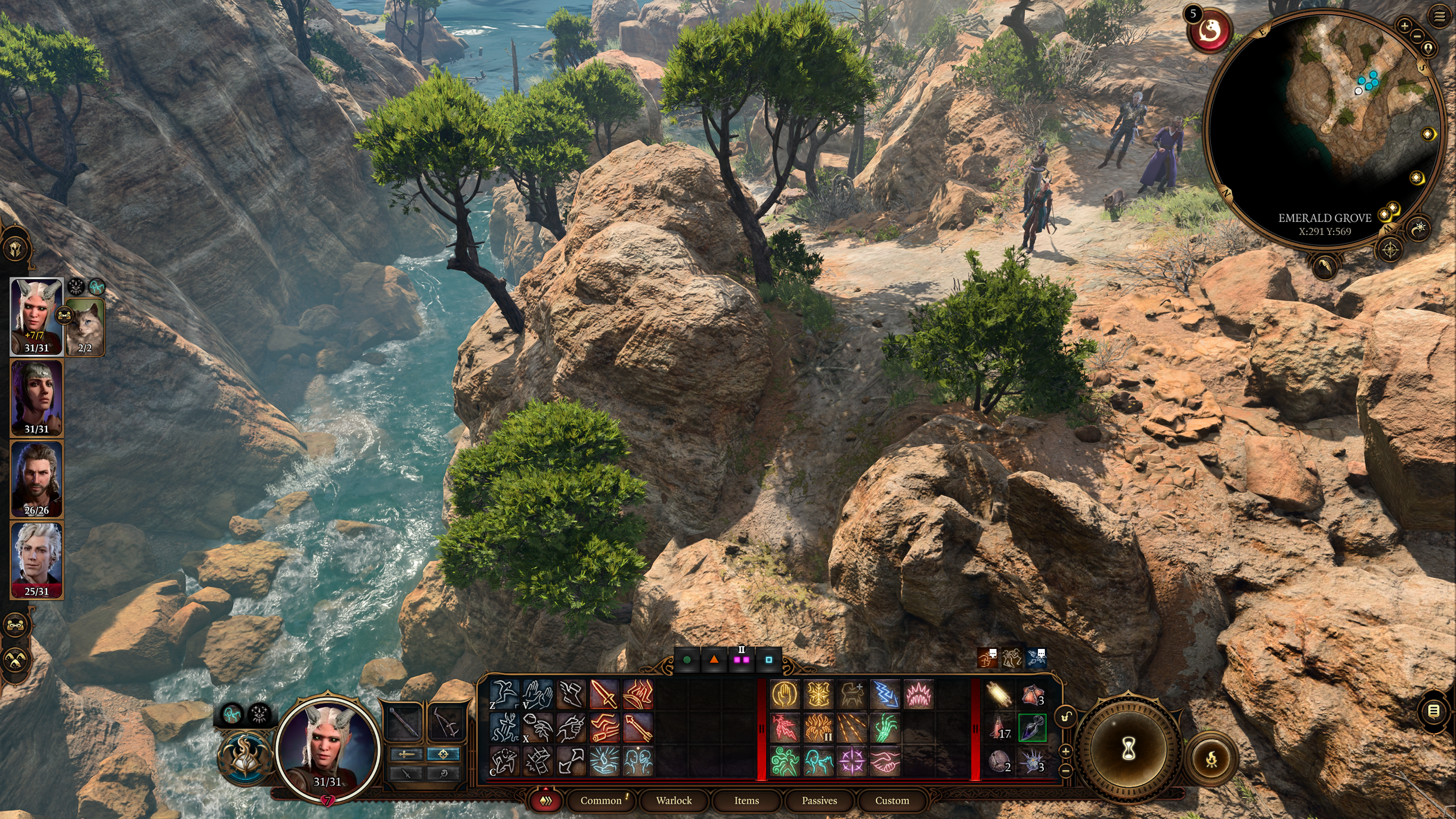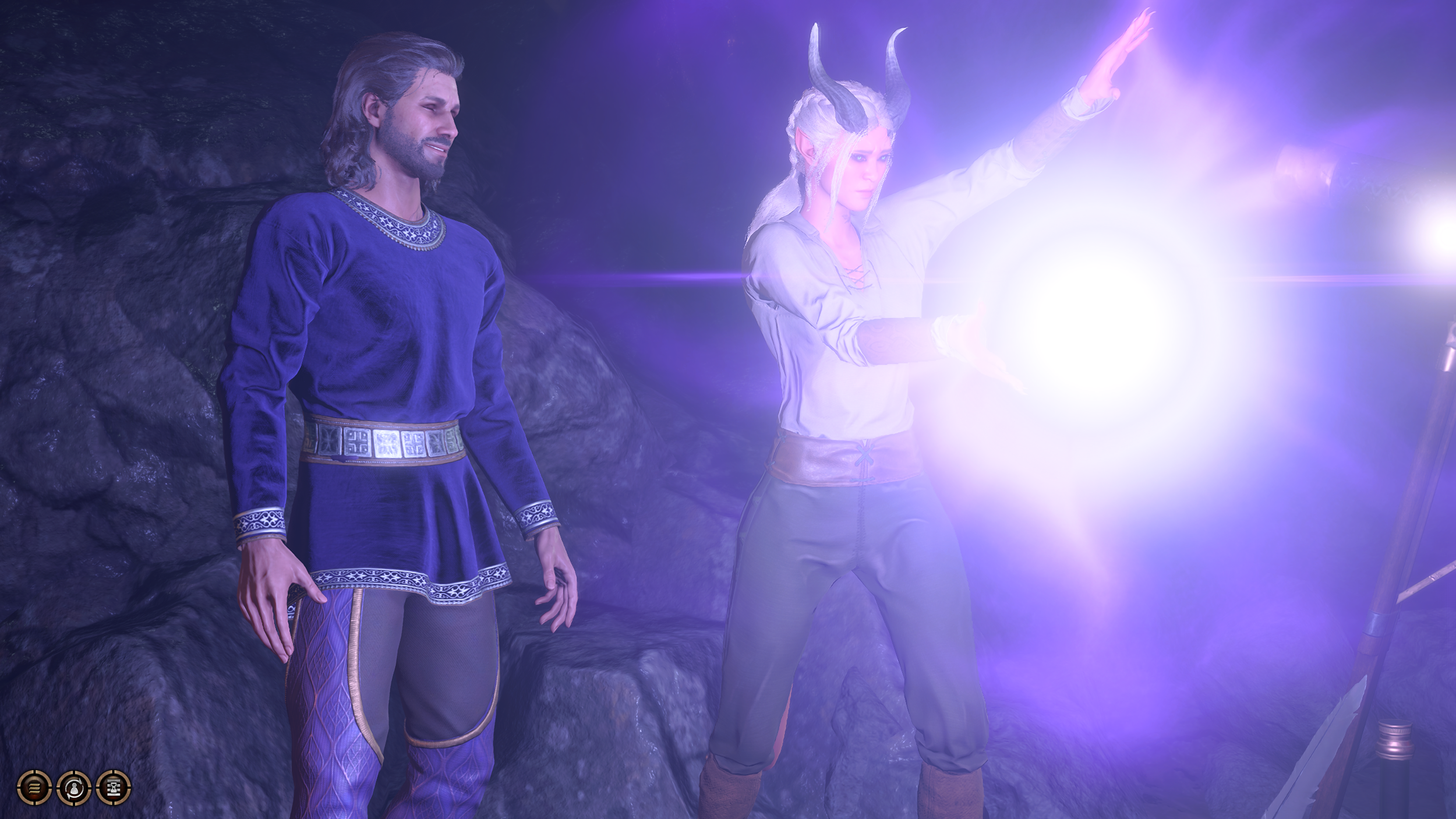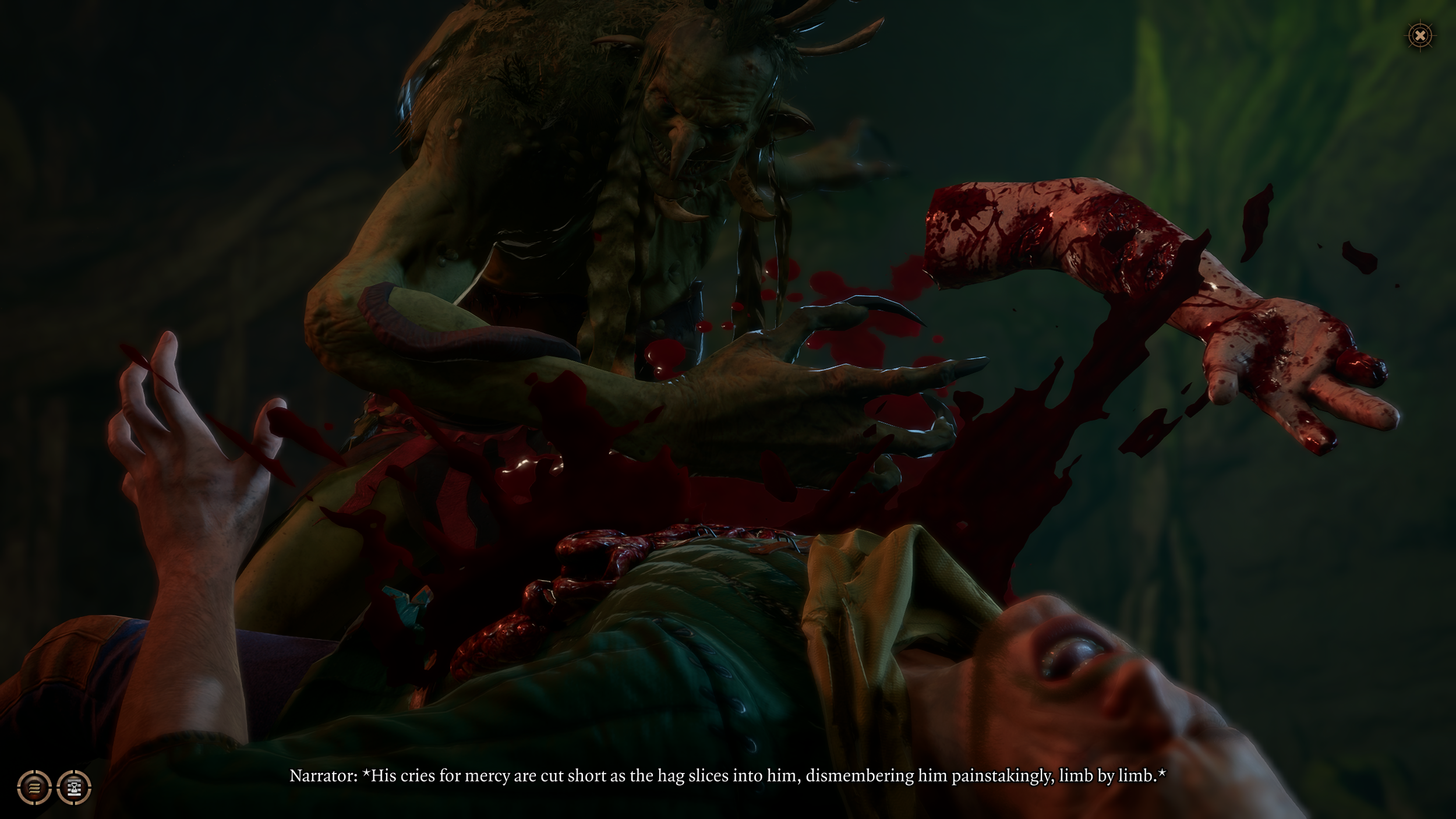In the broadest sense gaming does not just live on a screen. While navigating my adolescence as a gamer, I became aware that Dungeons and Dragons existed and yet never actually sat down to play. Magic the Gathering, Warhammer 40K and a few others were what caught my attention when it came to tabletop exploits. Yet, across the world in musty bedrooms and hijacked dining room tables, groups of adventurers were battling across Faerun.
Knowing what I know now, I really wish I had gotten into the whole D&D scene. In recent years it has become much more mainstream, not hurt by appearing in popular shows like Stranger Things. I have, of course, played the original Baldur’s Gate, first launching in 1998 and the genre had other notable successes like Neverwinter Nights and Dragon Age: Origins. Yet in recent times RPGs have shifted towards a more action-orientated theme. Perhaps the bigger publishers think that flashy combat sells. Maybe it does. However, for many old-school adventurers out there who have been yearning for a more substantial RPG, the team at Larian Studios have delivered their greatest game to date.
A Measure of Character
When the game first boots up you will sink straight into one of the most luxurious character creation systems I’ve ever seen. Not necessarily just on aesthetics but also how many choices there are which will directly affect what you can do in the game. First up, you must choose from eleven races, many of which will then allow you to go even further with a sub-race. You may be inclined to go with stereotypes which have been drummed into your subconscious over the years, elf for ranger etc. However, I would urge you to embrace the freedom the developers have given you. If you want to create a gnome Barbarian have at it: there really is no wrong choice in this universe. Once you have settled on your character traits, spells etc then it’s time to pick a name and embark on this most excellent adventure.
I did play a good portion of early access, yet I still re-rolled twice before settling on a Tiefling Warlock for my solo run. Warlocks are also a great base to multi-class with as their spell slots refill faster and, well, I just think the whole concept of warlocks is awesome. Even in the first few hours of the game your identity, history and class are constantly being used to chisel out your story. Picking up an ancient tome my history background kicks in and I gain a far greater understanding of the lore within. Similarly, being a Tiefling has so far given me a greater degree of clout with others of my race. It is the game's ability to recognise your choices, acknowledge your identity and give you tangible alternatives that make conversations so exciting. It’s actually scarey how much the game takes note of and how this moulds conversation in the future.
Paper to Pixels
The game is based on the 5th-edition Dungeons and Dragons rule set and all the fans I know say this is a great foundation. Larian has then gone over these building blocks with judicial application of tweaks and modifications that make more sense for a computer game. The way they have moved this gargantuan body of work into a working computer game is in part why I’ve been so blown away by Baldur’s Gate 3. There have been so many aspects of gameplay that in the tabletop version, would be handled by a seasoned Dungeon Master. In a video game, however, these instances need a more tangible, gamified solution. One change that definitely makes sense is capping the game to level 12. Without this restriction, the sheer amount of spells and effects could have overwhelmed players with an avalanche of choices.
There have also been small changes on a class-by-class basis, such as how a paladin might break their oath or how rangers can befriend an animal companion. Even with these elements being more tied down, the team at Larian have still managed to keep that wonderful sense of freedom you get when playing the tabletop version of D&D. I have been lucky enough to be playing co-op with friends who play D&D and you really can role play on top of what the game provides. Making a world this deep requires hard work and an attention to detail. A small dusty note hidden on top of a fireplace can lead to a three-hour adventure in a spider-infested cave system. It is the fact the game isn’t beating you over the head and saying hey, ‘look at what we made for you’, that makes those hidden places all the more exhilarating when you find them.
As you may have already seen from the screenshots, this game is gorgeous. Each place you will visit is exquisitely presented, from derelict cliffside forts, sun-dappled forests and dank misty caves (to name just a few). There are tiny details everywhere, almost too many to count and as this game is so well built you can interact with pretty much all of it. Can’t pick a door lock? Blow it off its hinges with a fireball. Need to do this without alerting the guards in the next room? Cast silence on the area. My Warlock is a kleptomaniac and will steal anything that isn't nailed down. I can almost hear the local trader groan when he sees me unloading my cutlery and plates. It is not that the team at Larian have access to some hidden game development secrets, it’s just the time and dedication they have shown in every facet of making this game.
Adventure Awaits
You’re adventure begins on board the grotesque innards of a MindFlayer ship. Trapped, you are infected by one of their parasites that will now gestate in your favourite brain cavity until birthing day. At this point, the victim will morph into a fully grown Mind Flayer and start doing bad things to whoever is around at the time. After escaping the ship your quest, initially, is simple: find a way to get your new brain buddy out and away from your favourite childhood memories. This is as far as I go with the story because this is a spoiler-free review, but needless to say, your quest log starts filling up pretty fast.
As you start moving through the game you will run into characters that can be recruited to aid you in your quest. These origin characters are far more fleshed out than player-made ones and you can even play one from the get-go. They will come with their own likes/dislikes, needs and personal quests. As you make decisions they will be watching and making judgements about your choices. Things can evolve in many ways from friendship, rivalry and even sexual conquests. Like every other part of this game, the writing and story arcs we see with these origin characters are top-drawer material that will very often surprise you in ways very few games do. What is even more impressive is this writing quality extends to every quest and NPC in the game. This is why games like The Witcher 3 are so good because the developers have taken the time to fill the world with engaging content and not just filler.
Happy Mistakes
I always wondered why the eagles didn't just drop Frodo off on Mount Doom; until someone pointed out that would have made a pretty shit film. In so many games we play, making mistakes is almost always greeted with a fail state or at the very least a gap in our health bar. Yet in D&D making mistakes and going with the outcome is part and parcel of the experience. Maybe your Rogue will be missing a few fingers for the rest of the campaign or your wizard gaining a phobia of magic. Yes, on paper these situations are less than ideal, but it is all part of telling an interesting story and that is the real treasure.
To govern pretty much all outcomes the developers have infused the infamous D20 into the core of the gameplay. This can be pretty much anything from trying to talk your way out of certain death to wooing a love interest into your bed. There will always be a base score you must beat and then modifiers get applied after the initial roll. So picking a lock for example, you may have a dexterity bonus, a basic rogue bonus and maybe some guidance from your cleric. You then watch with bated breath as the dice roll. If you have been inspired in your travels this can afford you another roll of the dice. Similarly, if you have the advantage in a situation you get to roll two dice and pick the highest.
Tries and Turns
In the first two Baldurs Gate games everything ran in real-time, even the combat. The key to this system was that you could pause the goings on at any time and issue orders to your party. Then unpause the watch the mayhem unfold. In a brave move, Larian has done away with this system and stuck with the method they’ve employed for their prior titles like Divinity. As you explore the world there are basically three main phases: real-time movement, conversations and combat. Once a fight does break out all the combatants involved roll on initiative which decides the order of who moves first.
Then in simple terms, each fighter can move, use actions, cast spells etc. Once they have expended their actions they hit ‘end turn’ and the next in line will do their thing. One of the best aspects of Larian games is how refreshingly dynamic their game worlds are. If a barrel of oil gets smashed it will make a slippery pool which can then be ignited, spelling a fiery death for those in range. This can also be extinguished with water if some of your own fighters catch fire and these are some of the more basic systems.
Each fight is a tantalising Smörgåsbord of options that go way beyond which spell to cast. Maybe you could knock a stalactite or smouldering braiser down from the ceiling? Trap half of a hostile force behind a door with crates? Or perhaps you will just push that cocky goblin to an immediate demise down a bottomless chasm. In one early fight I was being overwhelmed by a boss character but pitching him down into his own spider pit was a very satisfying outcome. You can even think outside the box, like plonking a candle on the floor and using it to ignite arrows or shooting health vials to make a healing mist.
Ranged attackers will learn to seek high ground for a nice bonus to aim and so on. When you then mix in the effect of feats, magical items, consumables and spell effects you might start to worry about things getting too hectic. However, these systems bounce off each other so well and you can end up with some situations you didn’t even know possible. Playing with other people has been a great way to see what tricks others have learned in their adventures: speaking of other players.
Welcome to the Party Pal
I recently asked a friend who plays tabletop D&D what the single best aspect of it was. Without missing a heartbeat he replied: the people. Some folks do triathlons, some join a theatre group and some play D&D all weekend. Just search on the internet and there are gazillions of old (and new) photos, washed out by an over-enthusiastic flash, of groups huddled around tables playing D&D.
So by far one of the best things about Baldur’s Gate 3 is that you can play a campaign in its entirety with co-op. While reviewing this game in a solo play-through, I have also been slinging dice with a group of friends each Sunday. Even in the first few hours, we had some hilarious situations that just couldn’t have happened solo. Our Druid had decided to live in animal form and also leap everywhere as opposed to walking. When he scratched my character in cat form I decided to pitch him across the room: it didn't end well!
The co-op in BG3 succeeds because it lays down a template but also leaves players with an intimidating amount of freedom. However, I have found a few rough edges which I hope the developers iron out. My main criticism is that when a player engages in a conversation there is no prompt to join it before the talking begins. This means that if you are not paying attention you can miss half of what has been said. Making decisions on which dialogue choice is taken could also do with a little refinement because once the lead player clicks a choice there is no way to see which they picked. I would also love some kind of indication on the conversation screen who has joined in, to avoid constantly making sure all have pressed on the ear icon.
Is it PC?
So I am running the game on an i9 12900K, 32GB of DDR5 RAM and an overclocked 3080ti. As always I run my games at 1440p and it is installed on an M2 SSD. Right off the bat, I cranked the settings to the ultra preset, yet on many settings the highest possible notch is high. I also flipped the switch on DLSS and am running this on quality mode. So far I have been very happy with how the game runs and most of the time I am getting between 110 to 140 fps. Load times are also relatively nippy and I’ve never waited for more than ten seconds.When rummaging through the other options there is plenty here to keep people happy and playing with a controller is an option although Larian have said they are still working. The game also runs surprisingly well on Steam Deck as long as you spend some time tweaking the settings.
There is one element to this game that reviewers often skirt over but I have to give the sound and music a special mention. Starting with sound effects, it seems like every action has been covered from casting spells to smashing open barrels. The quality of these sound effects is on the same level as everything else in the game, stellar. You can hear the crackling energy as your wizard hurls a fireball and you can almost smell the burnt hair as his foes scream in agony. Environmental sound effects are also excellent both in terms of diversity and also acoustics. When in a dank cave you can hear water dripping around you and voices echo of the stone walls. Similarly when out in sunlit meadows and forests you can hear a cacophony of sounds and even distant voices being carried on the wind.
Speaking of voices, this might be some of the best voice acting we have ever seen in a game. Titles like Red Dead Redemption 2 or Horizon Forbidden West pour so much emotion into each encounter, not just with the main characters but also this quality is consistently applied to all characters no matter how important. Baldurs Gate 3 raises this bar to a new high which is more impressive considering this is not a AAA studio. I also love how connected the animations are with what a character is saying. Facial moments, hand gestures and lip-syncing all marry up with what someone is saying. This is a far cry from most other games that just have generic mouth-waggling whenever the NPC is talking.
Of course, the last piece of the puzzle in this acoustic feast is the music: it is sublime. Wandering near the coast in the starting area can lead to an encounter with some harpies. From a distance, this singing is actually beautiful and I hope they include it in any soundtrack released. As you get closer the true nature of the winged horrors is on full display and the music changes. At a nearby counter, I ended up singing along with a local bard and by the end, I was completely enthralled in this impromptu duet. Each area of the game presents a new musical backdrop that hits the target every time both in quality and atmosphere.
Conclusion
I have been gaming since gaming was a thing and have played so many excellent RPGs over the years. So I don’t say this lightly: Baldurs Gate 3 is the best RPG ever created. The people who made it are D&D fans and gamers to the bone, and it shows. This wasn't a game fashioned from a need to make shareholders happy or to prop up some vapid live service scam. There are no exorbitantly priced skins or wafer-thin battle passes to squeeze gamers for some extra poke. It is a game as games used to be: honest and pure. Just by existing it highlights just how disingenuous and exploitative many of the big developers/publishers are these days.
Every aspect of the journey from the beautiful character creation to the final conclusion has been polished to a fine sheen. This is a once-in-a-generation game that, to the chagrin of some, has elevated the bar into the stratosphere. The panic running through many developer circles has been palpable and it has been very interesting to see this be expressed on social media. Many claiming they can’t be expected to compete with this kind of quality: I say, why not? I think the more honest statement would be ‘We won’t make games of this quality because it takes too much effort and in the long run cheaper games are significantly easier to churn out’.
As I finish my review and we enter the third weekend since launch, the game is breaking more records on Steam for concurrent player count. It has also received universal praise from review outlets, now occupying the top spot on Open Critic. Even around the game, there are so many good things to celebrate, like how there is absolutely no DRM at all. Or the humble reaction to the game's stellar reception, these are good people and deserved every ounce of the success they are enjoying. Baldurs Gate 3 is an absolute triumph and is almost certain to be my game of the year.



